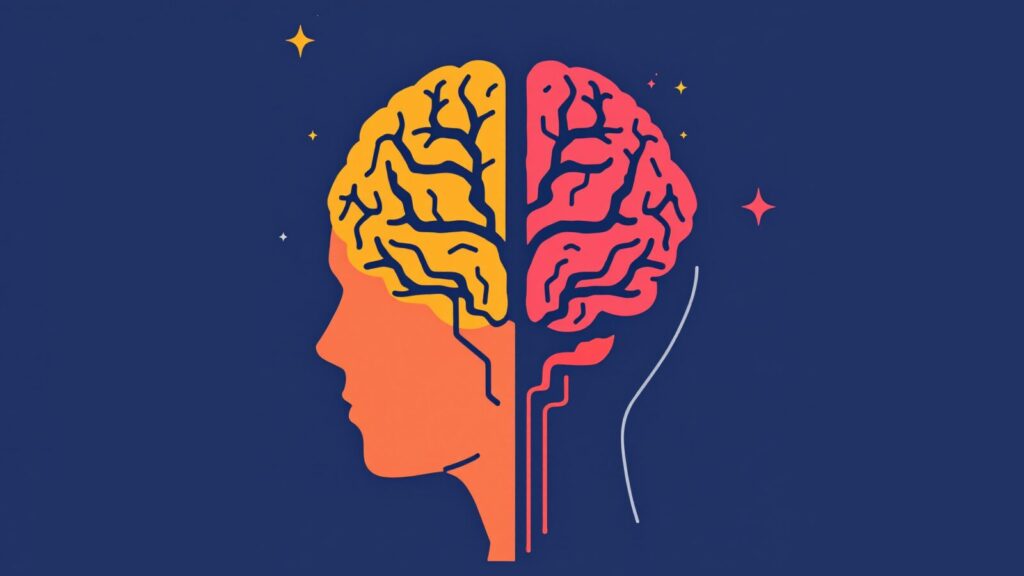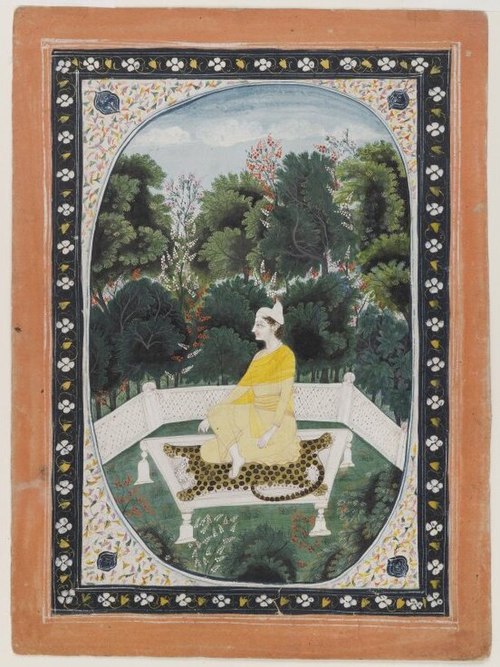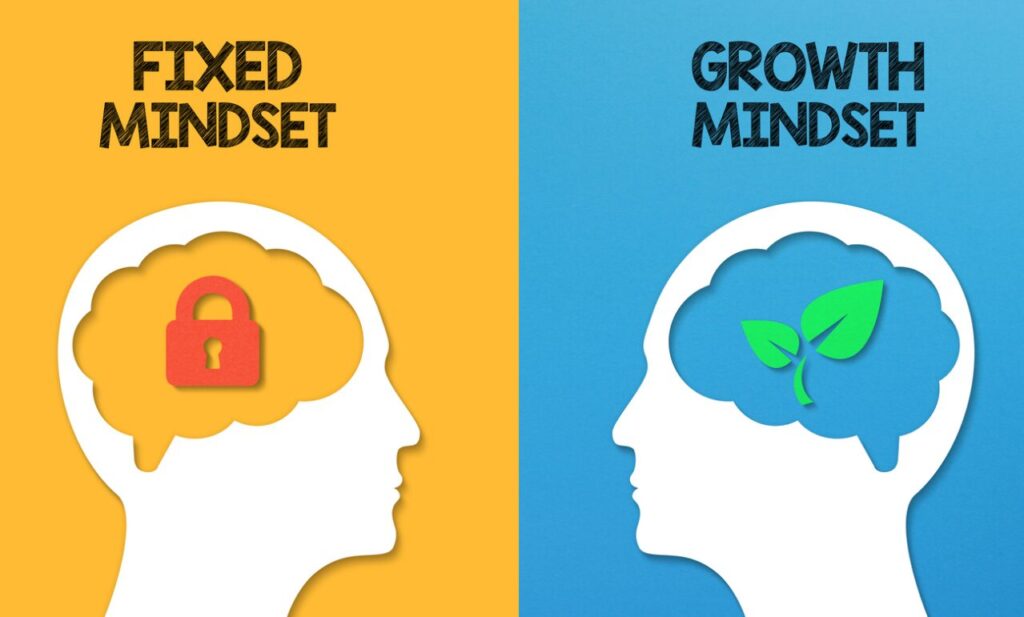Mastering Mindfulness in Poker: Your Guide to Mental Clarity and Peak Performance

Are you ready to take your poker game to the next level? Mindfulness might be the secret weapon you’ve been looking for. In this comprehensive guide, we’ll explore how practicing mindfulness can revolutionize your poker performance. You’ll learn specific techniques, understand the psychological benefits, and discover how professionals incorporate mindfulness into their game.
Understanding Mindfulness in Poker
Mindfulness is about being fully present in the moment. It’s a practice that can significantly enhance your poker skills. By incorporating mindfulness, you can improve your focus, decision-making, emotional control and poker mindset at the poker table.
The Core Principles
To practice mindfulness effectively, you need to understand its core principles:
- Non-judgment: Observe your thoughts without labeling them as good or bad.
- Patience: Allow yourself time to explore your thoughts and feelings.
- Beginner’s Mind: Approach each hand with fresh eyes and openness.
- Trust: Rely on your instincts and experiences.
- Non-striving: Be present without constantly trying to achieve or change something.
- Acceptance: Acknowledge things as they are without immediate attempts to change them.
- Letting Go: Release attachment to certain thoughts or experiences.
By applying these principles to your poker game, you can develop a more balanced and focused approach to also master stress easier.
Mindfulness Techniques for Poker Players

Now, let’s dive into specific mindfulness techniques you can use to enhance your poker performance:
1. Breathing Exercises
Focusing on your breath is a fundamental mindfulness practice. Try these techniques:
- Deep Belly Breathing: Sit comfortably and place one hand on your chest and the other on your stomach. Inhale slowly through your nose, allowing your stomach to rise. Then exhale slowly through pursed lips. This activates your body’s relaxation response.
- Box Breathing: Inhale deeply for four seconds, hold for four seconds, exhale for four seconds, and pause for another four seconds before repeating. This regulates your breath and clears distractions from your mind.
2. The Three Cs of Mindfulness
Adopt the attitude of being Curious, Compassionate, and Courageous. This approach will help you stay open-minded, kind to yourself when mistakes happen, and bold when necessary.
3. Anchoring
Use a physical or mental anchor to bring your focus back to the present moment. It could be a specific word, a touch, or a visualization. This technique helps you regain concentration when your mind starts to wander.
4. Visualization Techniques
Before or during the game, visualize yourself playing calmly and confidently. This mental rehearsal can boost your confidence and prepare you for various scenarios.
5. Mindful Observation
Pay close attention to your surroundings at the poker table. Notice the actions of your opponents. This practice helps you stay present and can improve your ability to pick up on subtle cues.
6. S.T.O.P. Method
When you find yourself in a challenging situation, use the S.T.O.P. method:
- Stop
- Take a few diaphragmatic breaths
- Observe what is happening non-judgmentally
- Proceed
This method helps you respond thoughtfully rather than react impulsively.
7. Mindful Walking
During breaks, engage in mindful walking. Focus on the physical sensations of walking, such as the feel of your feet hitting the ground. This practice can reduce stress and improve concentration.
8. Gratitude Practice
Before or after each game, reflect on what you’re grateful for. This shifts your focus from negative thoughts and brings a positive perspective to your game.
The Mental Game: Psychological Benefits of Mindfulness in Poker

Mindfulness offers numerous psychological benefits that can significantly improve your poker performance:
Improved Focus and Concentration
Mindfulness practices train your brain to maintain attention for longer periods. This enhanced focus allows you to better read opponents, calculate odds and master variance.
Emotional Regulation
Poker can be emotionally exhausting. Mindfulness helps you manage these emotions more effectively, allowing you to stay composed under pressure and avoid costly emotional decisions.
Better Decision-Making
By fostering a non-judgmental awareness of thoughts and feelings, mindfulness enables you to evaluate situations more objectively. This leads to more rational decision-making, as you’re less likely to be influenced by biases or emotional reactions.
Reduced Tilt
Tilt, a state of emotional frustration leading to poor decision-making, is a common issue in poker. Mindfulness helps you recognize the onset of tilt and take steps to prevent it from affecting your game.
Handling Uncertainty
Poker involves a significant degree of uncertainty. Mindfulness practices can help you become more comfortable with uncertainty, allowing you to make better decisions with incomplete information.
How Professionals Incorporate Mindfulness
Professional poker players have long recognized the benefits of mindfulness. Here’s how they incorporate it into their game:
Regular Meditation
Many professional players, like Daniel Negreanu, use meditation as a core part of their mindfulness practice. It helps them stay calm and focused during high-stakes games.
Consistent Routine
Incorporating mindfulness into a daily routine is essential for professional players. Regular practice of mindfulness techniques, such as yoga and journaling, helps maintain a balanced mental state and improves focus over time.
Emotional Control
Managing emotions is critical in poker. Professionals use mindfulness techniques to recognize and regulate their emotions, preventing impulsive decisions.
Mindful Observation
Professional players often practice mindful observation of their opponents. This heightened awareness allows them to pick up on subtle cues and make more informed decisions.
Practical Tips for Incorporating Mindfulness into Your Poker Game
Ready to start incorporating mindfulness into your poker routine? Here are some practical tips:
- Start your day with a short meditation session. Even 5-10 minutes can make a difference.
- Use the S.T.O.P. method whenever you feel overwhelmed during a game.
- Practice deep breathing exercises during breaks or between hands.
- Keep a poker journal to reflect on your thoughts and emotions after each session.
- Use visualization techniques before your poker sessions.
- Incorporate mindful walking during longer breaks in tournaments.
- Practice gratitude by noting three things you’re thankful for after each poker session.
Remember, mindfulness is a skill that improves with practice. Be patient with yourself as you incorporate these techniques into your poker routine.
Conclusion
Mindfulness is a powerful tool that can significantly enhance your poker performance. By improving your focus, emotional regulation, and decision-making skills, you’ll be better equipped to handle the mental challenges of the game. Start incorporating these mindfulness techniques into your poker routine today, and watch as your game transforms. With consistent practice, you’ll develop a calmer, more focused approach to poker that can lead to better results and a more enjoyable playing experience.
Haven’t found your poker room yet? Here are out top 5:
Champion Poker
Network: iPoker



